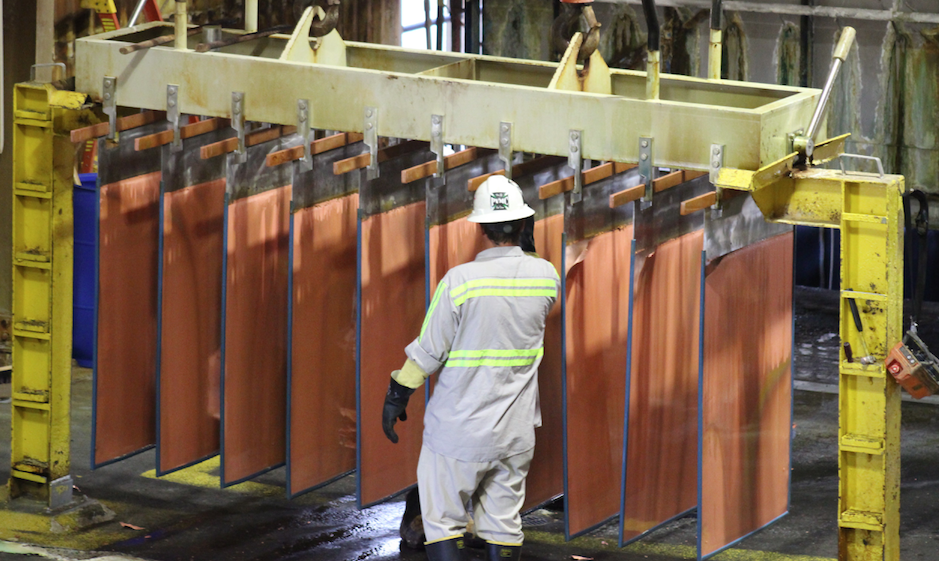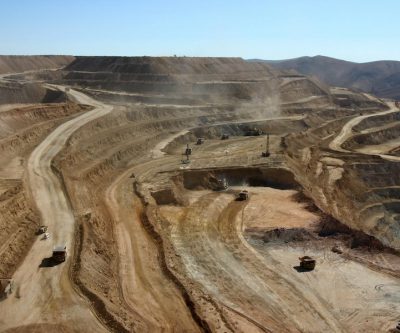Mitsubishi ups stake in Jetti Resources’ copper extraction technology
- Get link
- X
- Other Apps
MINING.com Editor | June 8, 2021 | 1:21 pm Top Companies USA Copper

Mitsubishi Corporation (MC) announced that it has increased its stake in, and formed a new business alliance with Jetti Resources, a Colorado-based company that has developed a catalytic technology that enables extraction of copper from primary sulfide ores.
BHP and Freeport, together with MC, announced last week a $50 million investment in the company.
With the global decarbonizion race intensifying, demand is on the rise for copper, a metal vital for growth in electric vehicles and renewable energies. Facing aging mines with lower grades, the industry is looking at how much more copper they can produce out of existing operations – Chile’s Codelco, for example, is planning massive upgrades of its aging mines.
Jetti Resources, a start-up founded in 2014, says its technology makes it possible to extract copper from low-grade primary sulfides like chalcopyrite, the world’s most abundant copper mineral ore.
Jetti’s catalytic technology enables heap and stockpile leach extraction of copper trapped in primary sulfide ores, which are usually discarded due to their low copper yields being insufficient to justify traditional processing methods.
JETTI RESOURCES SAYS ITS TECHNOLOGY MAKES IT POSSIBLE TO EXTRACT COPPER FROM LOW-GRADE PRIMARY SULFIDES LIKE CHALCOPYRITE, THE WORLD’S MOST ABUNDANT COPPER MINERAL ORE
Capstone Mining confirmed the commercial-scale effectiveness of Jetti technology through its trial application last year at the Pinto Valley copper mine in Arizona. During the first year of the miner’s partnership with Jetti, cathode production per area irrigated doubled, Capstone announced last July.
Mitsubishi has been supporting the technology’s commercialization since 2019, when it first invested in Jetti to secure a stable supply of copper and contribute to MC’s efforts to address the problem of diminishing natural resources.
By forming a new business alliance, Jetti and MC will be strengthening their framework for future collaborations and making effective use of MC’s assets to promote the widespread adoption of Jetti’s technologies, Mitsubishi said.
The partners are set to start discussions on the proactive adoption of Jetti’s catalytic technology at mines that have thus far been unable to extract copper efficiently due to their high concentration of low-grade, primary sulfide ores.
Anticipating that global demand for copper will remain robust for at least the foreseeable future, MC’s Mineral Resources Group has identified it as one of its core products.




Comments
Post a Comment